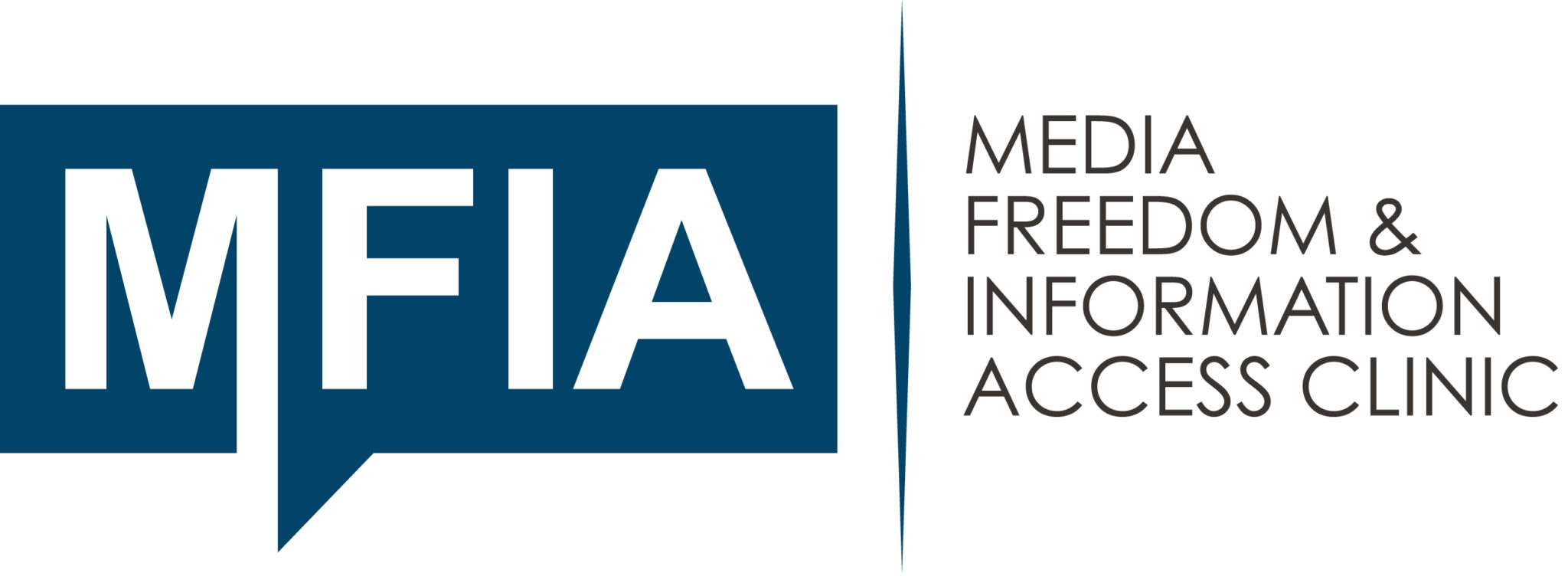
Courtesy of Yale Law School
A Yale Law School clinic helped an FBI agent secure permission to publish sensitive government information in a book that openly details the United States’ history of enhanced interrogation in Guantanamo Bay.
FBI agent Ali Soufan’s book — “The Black Banners: The Inside Story of 9/11 and the War Against Al-Qaeda” — offers insights into the CIA’s controversial investigation tactics used on alleged al Qaeda affiliates at Guantanamo Bay. In line with protocols to monitor the release of national security intelligence, the United States government partially censored the original version of the book, first published in a redacted form in 2011. With the help of the Media, Freedom and Information Access Clinic, or MFIA, Raymond Bonner, a journalist and client of the Law School clinic, filed a lawsuit against the CIA, and the government agreed to review the book again, ultimately permitting its release in its entirety.
“The lawsuit was challenging because it presented a novel legal theory in the context of national security — a very complicated doctrinal area where judges don’t like to question the executive branch,” said Katrin Marquez LAW ’20, who collaborated on the case through work with the MFIA. “To litigate a case with the CIA as the opponent as a law student is hard. I had learned about all the steps that one goes through in litigating a case as a 1L, but actually putting that into practice is much more difficult … My supervisors in MFIA were amazing, but that doesn’t make it any less intimidating as [a] law student.”
Bonner originally became interested in the case while trying to make a documentary featuring Soufan. At the time, the former agent said he could not discuss matters censored by the CIA in his book. But according to David Froomkin LAW ’22 GRD ’23 — who worked on the clinic in fall 2018 — the topics in Soufan’s work, specifically regarding enhanced interrogation, have appeared in other publications. Now, the book — and its account of torture perpetrated by the U.S. government — is available to the public.
During his tenure at the bureau, Soufan interrogated suspected al Qaeda leader Abu Zubaydah. While he obtained useful information through conventional techniques, Soufan argued that the CIA’s enhanced interrogation yielded no productive insights and proved largely ineffective.
“Let’s look at the truth and let’s expose those people who lied for a long period of time to the American public about waterboarding and the efficacy of torture,” Soufan said in an interview with NPR.
Charles Crain, who serves as a supervising attorney at the clinic, said that this case reflects the goals of the MFIA clinic and exemplifies the kind of material he hopes to engage with. Crain added that Soufan, as a government employee, complied with their initial censorship of his work, even though the restrictions stunted the agent’s ability to fully share his experiences.
“We argued that the book was improperly classified and that the CIA had allowed the publication of other books [featuring information] they had censored in Soufan’s book,” Froomkin said. “They were trying to suppress a viewpoint … that torture was ineffective.”
Froomkin worked on the project during the fall of 2018 when the clinic wrote and ultimately filed the complaint — Bonner v. CIA — in December.
He added that he and Marquez contributed factual research and worked to write the complaint under the supervision of Crain and clinic co-Director David Schulz LAW ’78.
“I learned how hard lawyers have to work to effect even incremental social change, and it was wonderful to learn so much from Schultz and Crain,” Froomkin said.
Zubaydah remains incarcerated at Guantanamo Bay.







